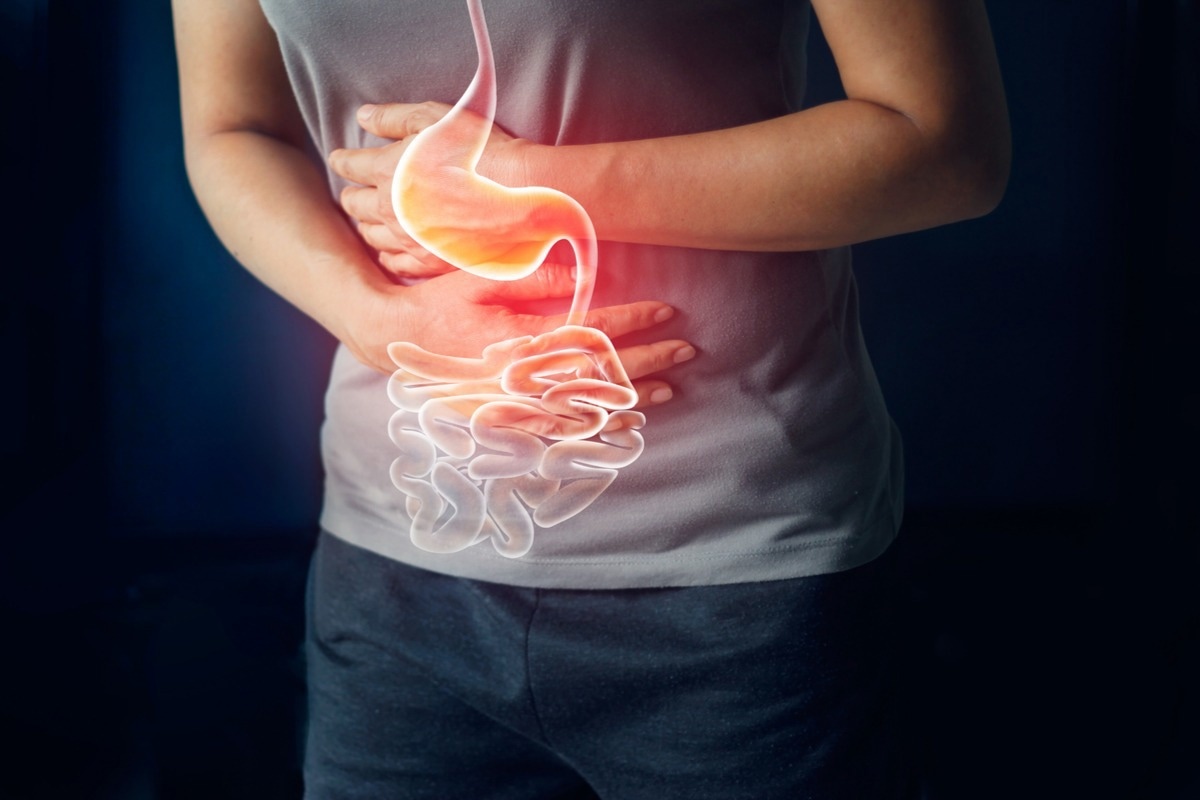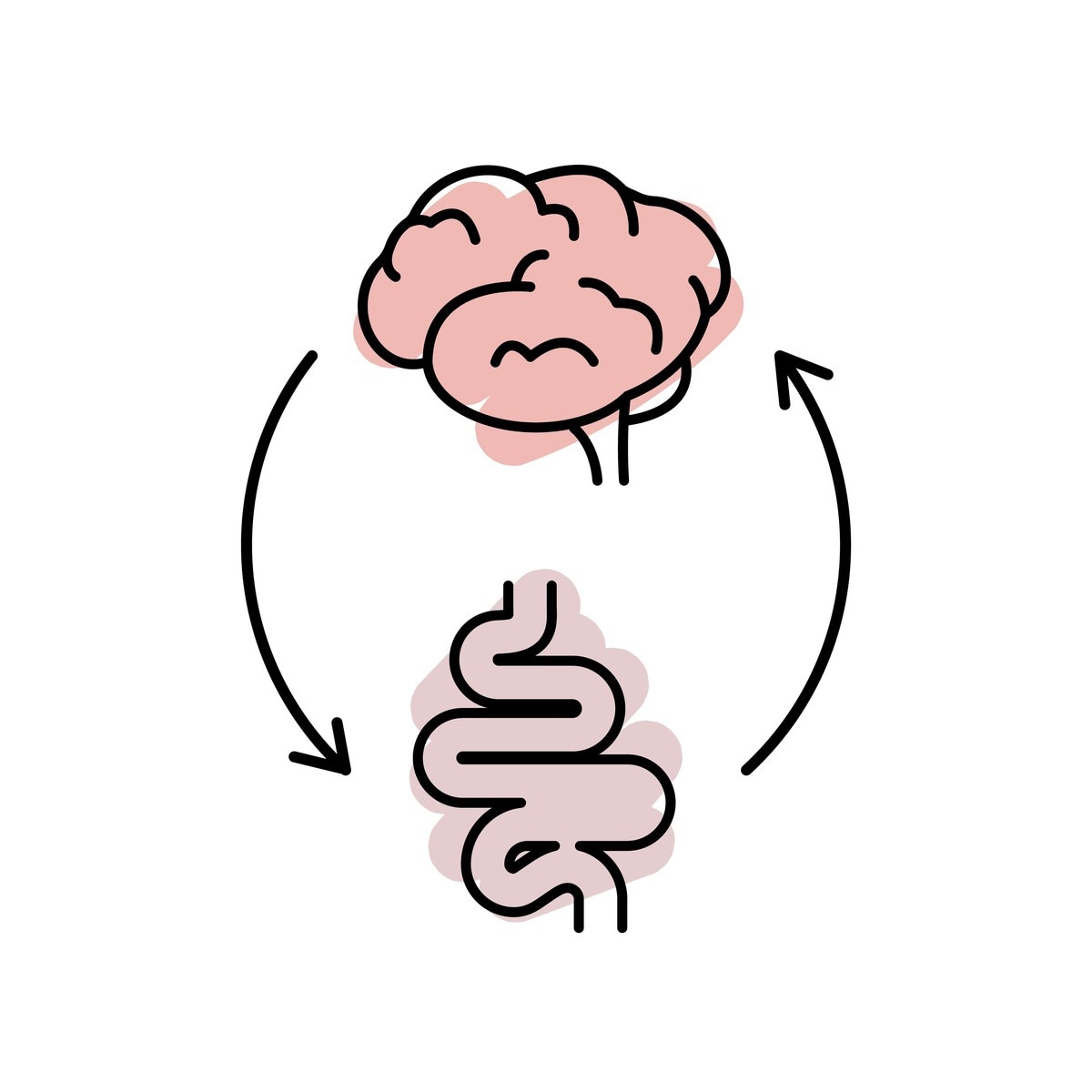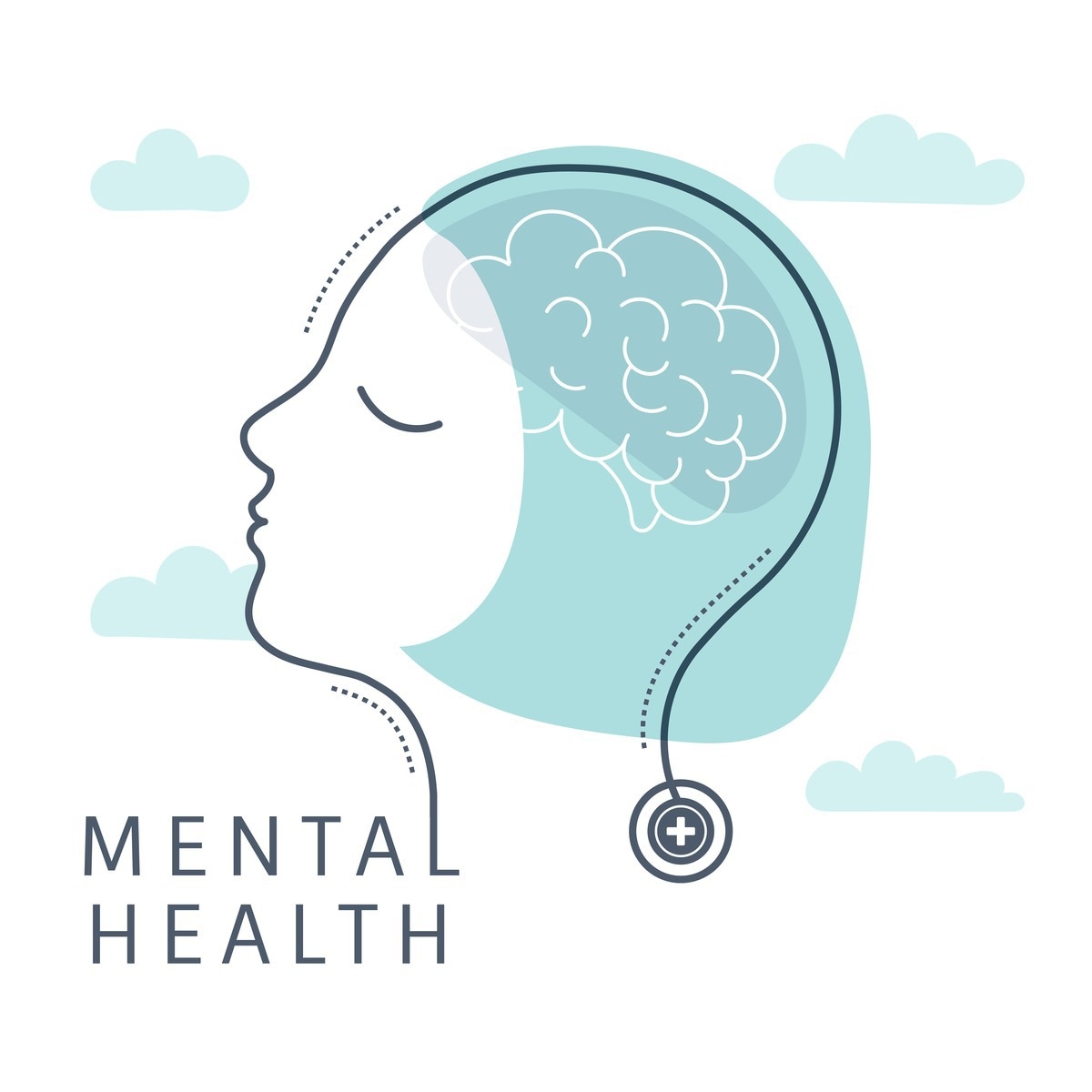What is the gut-brain axis?
The microbiota-gut-brain axis and neuropsychiatric disorders
The incidence of psychiatric illness and gastrointestinal disorders
Variability in the correlations between mental health and gastrointestinal disorders
The etiology of gastrointestinal disease and mental health comorbidity
References
Further reading
Patients who have gastrointestinal disorders also have high psychiatric comorbidity. This is because the gastrointestinal tract and the brain are intimately connected through bidirectional neural, endocrine, and immune pathways. Collectively, these pathways are referred to as the gut-brain axis (GBA). This complex communication system ensures the homeostasis of the gastrointestinal tract and influences the motivation for processing higher cognitive functions.

Image Credit: PopTika/Shutterstock.com
What is the gut-brain axis?
The gut-brain access includes the central nervous system, the autonomic nervous system, the enteric nervous system, and the hypothalamic-pituitary-adrenal (HPA) axis, as well as signaling mediated by gut peptides. The role of the GBA is to integrate functional activity in the gut and to link the emotional and cognitive centers in the brain with the peripheral functions of the intestine, along with their mechanisms. These include satiety, appetite, immune activation, intestinal permeability, enteroendocrine signaling, and enteric reflexes.
Gastrointestinal disorders are a group of disorders that affect the gastrointestinal tract, which impacts physiological function concerning the absorption and digestion of food and exerting a significant impact on a patient's health-related quality of life. In cases of irritable bowel syndrome, there is no clear pathogenesis. The most common gastrointestinal disorder is irritable bowel syndrome, which predominantly affects the lower gastrointestinal tract.
The prevalence of irritable bowel syndrome varies widely. However, it is estimated that the pooled global prevalence is 11.2%, with a higher prevalence in women than men. As irritable bowel syndrome is characterized by chronic abdominal discomfort and pain with associated changes in stool consistency and emptying, it can dramatically reduce the patient's health-related quality of life.
Psychiatric comorbidity is elevated in patients with gastrointestinal disorders, suggesting shared or interacting disease mechanisms, which are attributed to the communication between the gastrointestinal system and the brain by the gut-brain axis. Within this, different states of the intestinal microbiome are thought to play an essential role. Moreover, studies have implicated the role of the vagus nerve, which is the mediator between the gut and the brain.

Image Credit: Tatgynsy/Shutterstock.com
The microbiota-gut-brain axis and neuropsychiatric disorders
Humans harbor a unique community of microbiota that is subject to change in composition and abundance by several factors, which include exercise, diet, health, stress, age, use of medication, and others. The microbiota-gut-brain axis is a dynamic interrelation of the gastrointestinal microbiota, tissues, glands, organs, immune cells, the autonomic nervous system, and the brain. Together these communicate via multi-directional signaling via anatomically and physiologically distinct systems.
For example, a review has highlighted an alternative pathway from the gut which operates via the vagus nerve along with mechanisms of bidirectional communication between the gut and the brain for the development of depression.
This study highlighted that long-term perturbation to this homeostatic environment fostered by the microbiota-gut-brain axis can contribute to the progression of several disorders as a consequence of alterations in several physiological processes, including the hypothalamic-pituitary-adrenal axis activation, immune function, and associated inflammatory response, and neurotransmitter systems.
Under homeostatic conditions, coordinated physiological responses exemplified by an immune or stress response are necessary for survival. However, a dysfunctional response can result in adverse effects, resulting in several central nervous system disorders.
An additional study found a high degree of correlation between stress-related symptoms such as anxiety and irritable bowel syndrome, which provided a basis for implicating the vagus nerve.
This was corroborated by additional studies that demonstrated that uncontrolled sympathetic and poor vagus control results in interactions with the microbiome and immune system, subsequently predisposed individuals to suffer from psychiatric and gastrointestinal diseases.
The incidence of psychiatric illness and gastrointestinal disorders
Approximately 60% of those who suffer from gastrointestinal disorders are found to suffer from one of several psychiatric disorders. Among them, depression and anxiety are the most common comorbidities.
There is a correlation between the two, with patience exhibiting high levels of depression and anxiety possessing a two-fold risk of developing irritable bowel syndrome. In addition, patients suffering from major depressive disorder meet the criteria for irritable bowel syndrome more frequently compared to healthy individuals.
Among the psychiatric disorders, anxiety is the most strongly implicated in the burden of gastrointestinal symptoms; irritable bowel syndrome is strongly correlated with those who have panic disorder and generalized anxiety disorder.
It is believed that suffering from high anxiety levels is an independent predictor of developing gastrointestinal disorders; however, the same study that concluded this finding also demonstrated higher levels of depression and anxiety at follow-up in patients with gastrointestinal disorders at baseline, which provides further evidence of bidirectional gut-brain dysfunction.
Variability in the correlations between mental health and gastrointestinal disorders
Relative to anxiety, however, opposite findings have been found for subtypes of irritable bowel syndrome and depression. A meta-analysis reported that patients who suffered from both diarrhea-predominant and constipation-predominant irritable bowel syndrome showed higher anxiety levels. Still, patients with diarrhea-predominant irritable bowel syndrome only appeared to have increased levels of depression.

Image Credit: Rawpixel.com/Shutterstock.com
Further contradictions to these findings have been demonstrated; however, a recent meta-analysis demonstrated that depression and anxiety alike were increased in all subtypes of irritable bowel syndrome compared with healthy controls – with the highest level of depression demonstrated in those with constipation-predominant irritable bowel syndrome.
The etiology of gastrointestinal disease and mental health comorbidity
Several theories have been proposed to explain the comorbid relationship between gastrointestinal disorders and psychiatric illness. Across all, the gut-brain axis is implicated as a central mediator. Increased sympathetic, decreased parasympathetic, and altered autonomic nervous system activities are thought to influence signals produced from the gastrointestinal tract.
The effects of these factors are augmented by the release of local hormones and information; the vagus nerve is thought to provide a connection between microbial activity and other metabolites and the central nervous system.
In addition, the HPA axis has also been implicated as observed in female irritable bowel syndrome patients who demonstrated increased basal cortisol and stress-induced cortisol relative to healthy patients.
The microbial composition has also been implicated in the comorbidity association; this is altered. The mechanical reason for this implication concerns the role of the microbiota. They can produce neurologically active substances, for example, short-chain fatty acids and gamma-aminobutyric acid that are unknown to influence regulation of the gastrointestinal, immune system, and mucosal barrier – but their role in behavioral on psychological alterations is poorly understood. It has been demonstrated in preclinical studies that short-chain fatty acids can alleviate stress-induced anhedonia and increase responsiveness to stress; concommittedly, changes in intestinal permeability induced by stress were reversed.
Other proposed mechanisms include a breakdown of the mucosal barrier, which results in the translocation of bacteria and subsequent activation of the immune response which produces excessive cytokines that affect both the function of the gastrointestinal system and the associated microflora, and brain functions and behavior. Specifically, high levels of pro-inflammatory markers, particularly interleukin-1, interleukin-6, and tumor necrosis factor-alpha, have been observed in patients suffering from depression; this is corroborated by knowledge, but inflammation has the potential to induce depression.
Gastrointestinal disorders are highly prevalent and diverse among psychiatric outpatients, regardless of the psychoactive medication. However, the etiology and the observed positive correlation between gastrointestinal systems and mental health disorders are complex and poorly understood.
Despite the extensive evidence demonstrating high comorbidity of mood, anxiety disorders specifically, and gastrointestinal disorders, further investigation is necessary to determine common selective factors that underlie the mechanisms of both these disorders.
References
- O'Mahony SM, Clarke G, Dinan TG, Cryan JF. (2017) Irritable Bowel Syndrome and Stress-Related Psychiatric Co-morbidities: Focus on Early Life Stress. Handb Exp Pharmacol. doi: 10.1007/164_2016_128.
- Rea K, Dinan TG, Cryan JF. (2020) Gut Microbiota: A Perspective for Psychiatrists. Neuropsychobiology. doi: 10.1159/000504495.
- Shah E, Rezaie A, Riddle M, Pimentel M. (2014) Psychological disorders in gastrointestinal disease: epiphenomenon, cause or consequence? Ann Gastroenterol.
- Fond G, Loundou A, Hamdani N, et al. (2014) Anxiety and depression comorbidities in irritable bowel syndrome (IBS): a systematic review and meta-analysis. Eur Arch Psychiatry Clin Neurosci. doi: 10.1007/s00406-014-0502-z.
- Koloski NA, Jones M, Kalantar J, wt al. (2012) The brain-gut pathway in functional gastrointestinal disorders is bidirectional: a 12-year prospective population-based study. Gut. doi: 10.1136/gutjnl-2011-300474.
- Sibelli A, Chalder T, Everitt H, et al. (2016) A systematic review with meta-analysis of the role of anxiety and depression in irritable bowel syndrome onset. Psychol Med. doi: 10.1017/S0033291716001987.
- Breit S, Kupferberg A, Rogler G, et al. (2018) Vagus Nerve as Modulator of the Brain-Gut Axis in Psychiatric and Inflammatory Disorders. Front Psychiatry. doi: 10.3389/fpsyt.2018.00044.
- Dinan TG, Cryan JF. (2017) The Microbiome-Gut-Brain Axis in Health and Disease. Gastroenterol Clin North Am. doi: 10.1016/j.gtc.2016.09.007.
Further Reading